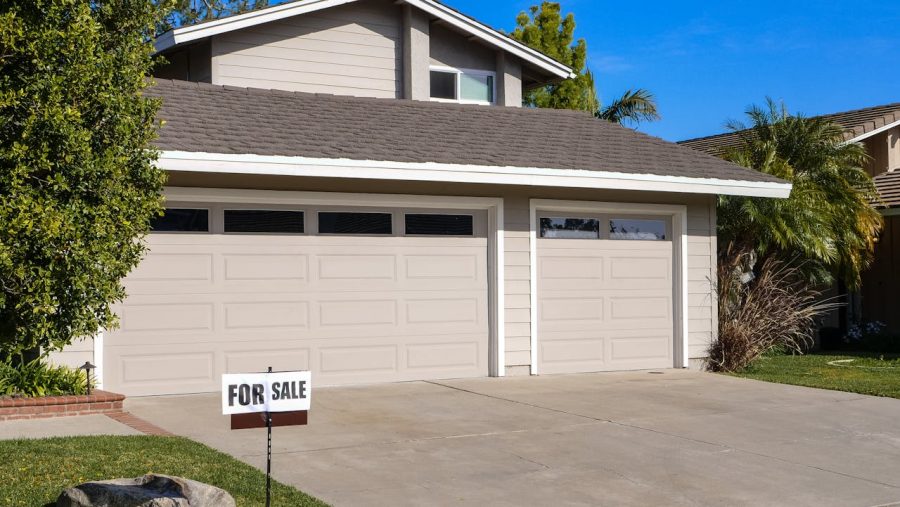When you hand over a deposit, you enter into a mutual agreement: you promise to uphold certain conditions, and the service provider holds that sum as a security measure. So, are deposits refundable? At its core, a refundable deposit acts as a safeguard for both parties involved. Whether it’s securing a rental property, a car, or even a wedding venue, the idea is to guarantee that obligations are met and properties are returned in good condition.
Are Deposits Refundable? Understanding Your Rights and Protections
Deposits are indeed refundable if you meet the terms outlined in your contract. However, the intricacies of these agreements can vary widely, so being informed is your best defense against losing out.

Karolina Kaboompics | Pexels | Deposits are indeed refundable if you meet the terms outlined in your contract.
Security and Assurance
Service providers use refundable deposits as a risk management tool. For instance, a landlord takes a security deposit to cover potential damages to their property. If you return the space in the condition in which you found it, you can expect a full refund. This setup helps ensure that property owners aren’t left covering repairs after a tenant leaves.
Consumer Perspective
A deposit may feel like a hurdle for consumers, but it also proves the provider’s trustworthiness. Returning your deposit at the end of an agreement reaffirms the provider’s commitment to fair dealing. It also indicates that the provider values maintaining a good relationship with its clientele.
Different Types of Refundable Deposits
Not all deposits serve the same purpose, and understanding the various types can prepare you for what to expect:
- Security Deposits: Security deposits are common in rental agreements, these are designed to cover any potential damages or unpaid fees. The full amount is often returned after moving out, given that the property is in good order.
- Utility Deposits: These are typically required to begin services like electricity or water, especially if you lack a prior payment history. After establishing a reliable payment record, these deposits are usually returned or applied to future bills.
- Key Deposits: A smaller deposit ensures that the keys are returned at the end of a rental period.
- Pet and Damage Deposits: These are specific to rentals allowing pets or venues to be used for events. These deposits cover the cost of cleaning or repairs due to pet damage or event mishaps.
Maximizing Your Chance of a Full Refund
To secure your refund, start by thoroughly understanding the contract. Know what is expected of you and under what conditions the deposit might be withheld. Here are a few tips:
- Documentation is Key: When beginning a service or rental agreement, document the property’s or item’s initial condition. Take photos and keep notes, as this can be crucial if disputes arise over its condition at the end of the term.
- Regular Maintenance: Keep the property or item in good condition throughout the rental period. This proactive approach can prevent most disputes related to property damage.
- Clear Communication: Maintain open lines of communication with your service provider. If issues arise, addressing them promptly can prevent misunderstandings about deposit deductions.
Navigating Deposit Disputes
Should a dispute over a deposit refund arise, your first step should be to review your contract for clarity on the conditions of the deposit refund. If the terms are on your side and the provider resists refunding, consider escalating the matter:
- Written Requests: Start by formally requesting the refund in writing, citing the contract terms.
- Mediation: If direct communication fails, look into mediation services which can offer a neutral ground for negotiation.
- Legal Advice: Legal intervention might be necessary as a last resort. Consult a professional to understand your rights and the feasibility of pursuing legal action based on your specific circumstances.

Mikhail Nilov | Pexels | Should a dispute over a deposit refund arise, your first step should be to review your contract for clarity on the conditions of the deposit refund.
Understanding the purpose, types, and conditions for refunding deposits empowers you to manage your financial commitments effectively. Whether you’re a tenant, a customer, or a consumer, informed decisions and proactive management of your agreements are key to ensuring that your deposits are returned without hassle.











